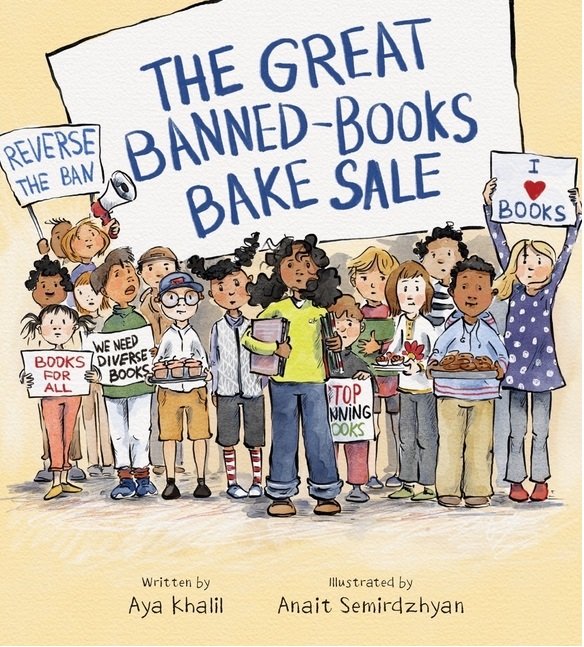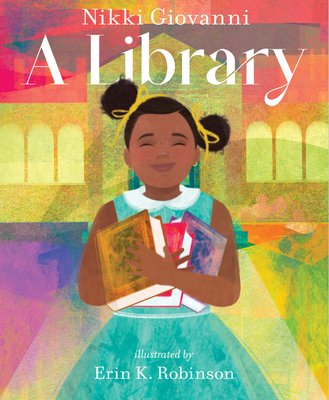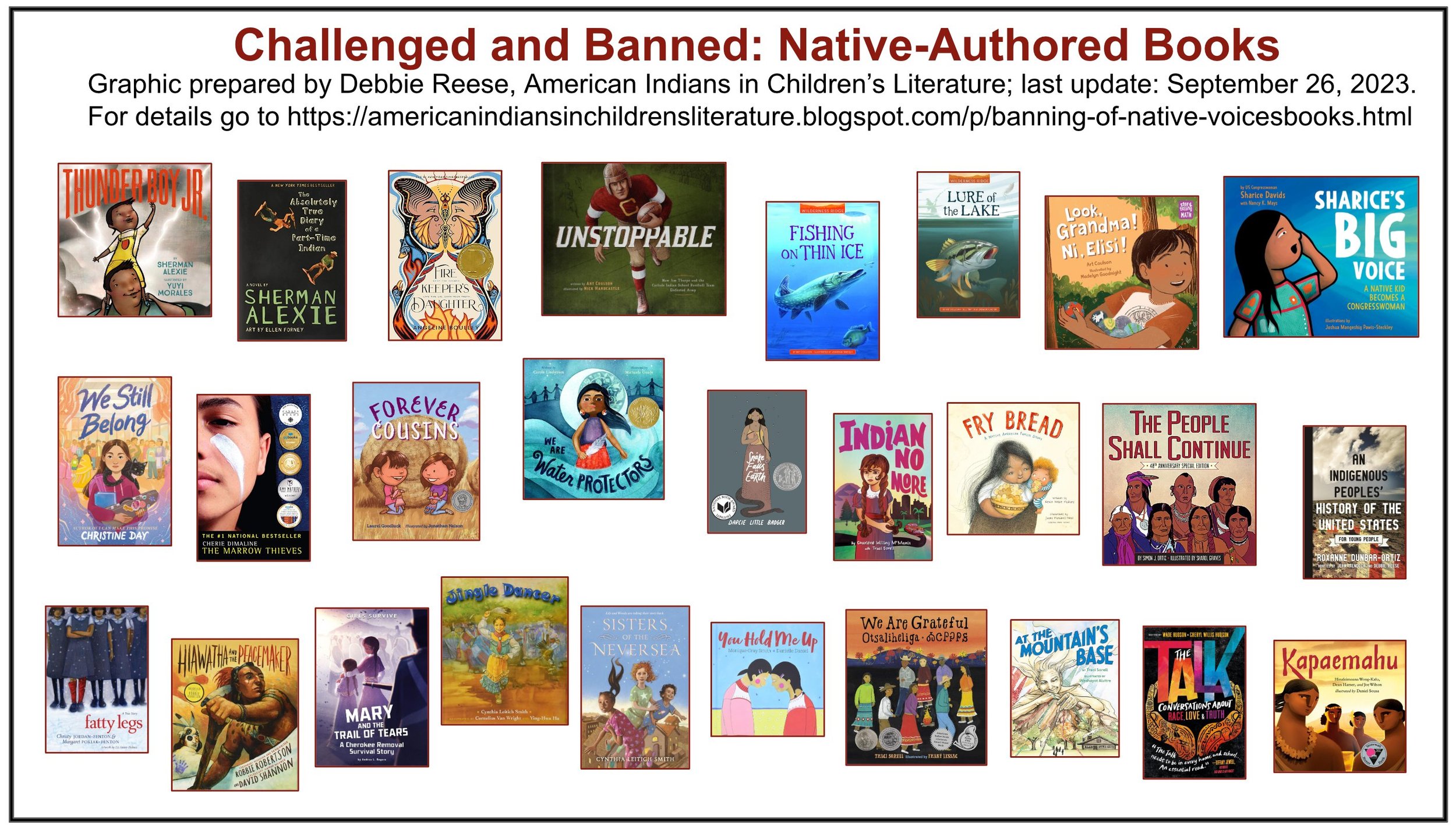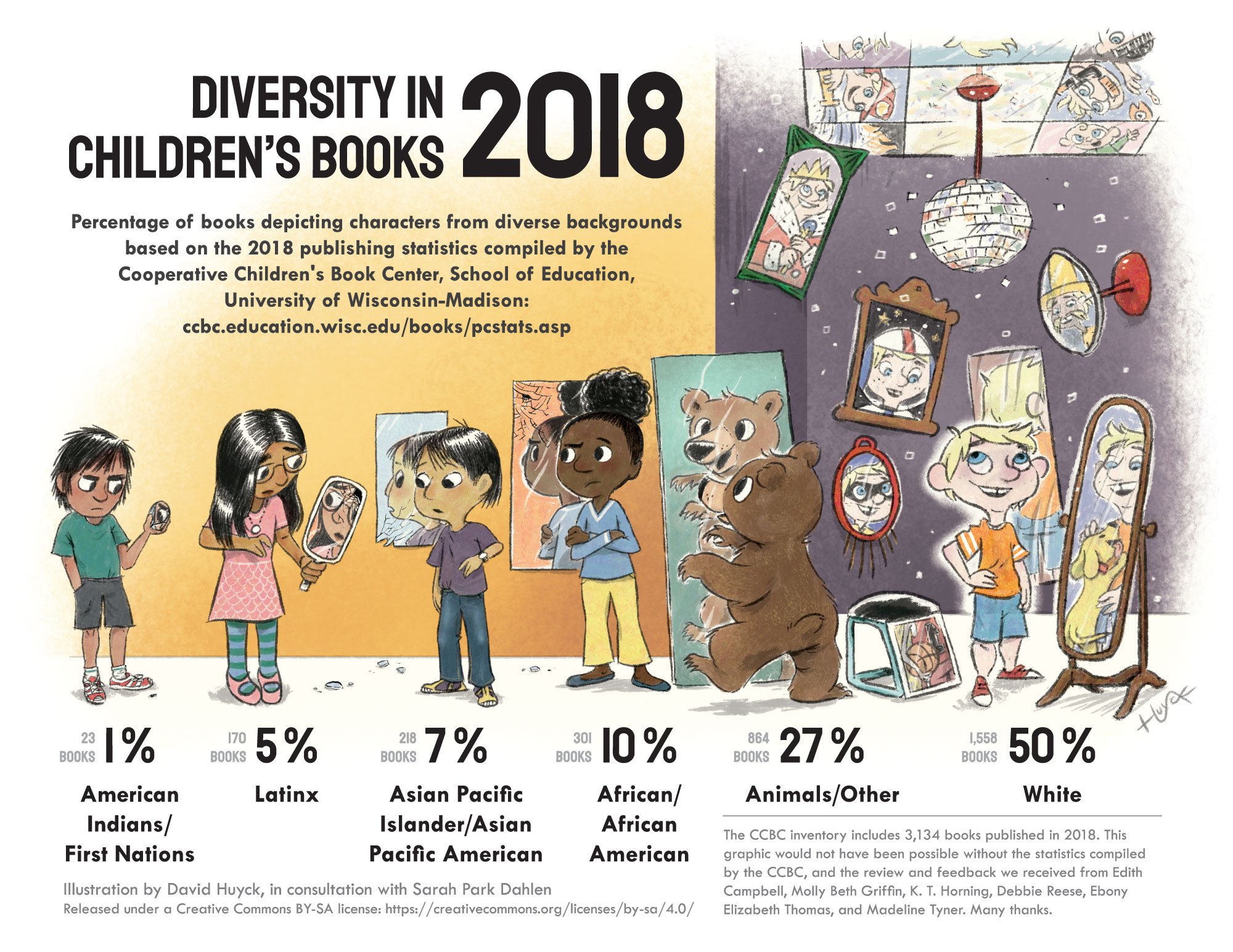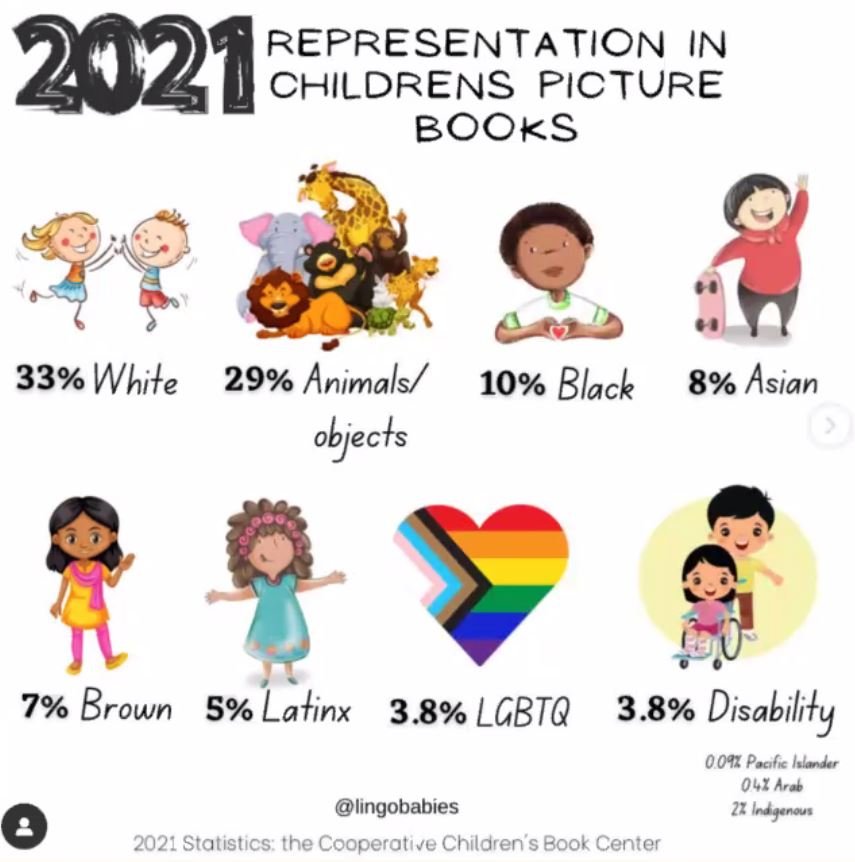Banned Books Week 2023
Banned Books Week is next week (October 1-7, 2023). As you can see from the infographic above, censorship continues to increase. I read about new books being banned or challenged almost everyday. Often they are books I love and have used in my classroom. Apart from supporting and celebrating librarians and libraries (as we advocated in our Banned Books Week 2022 post!), it’s hard to know what to do. Penguin Random House shares some resources and ideas for activism and advocacy here. For Banned Books Week in schools, we have some ideas below as well.
Attend this free webinar from the Illinois Library Association on October 2nd to learn about their important work and what you can do.
Request a Free RIGHT TO READ KIT from Rally for the Right to Read.
Participate in Let Freedom Read Day. This year is the first time Banned Books Week has included a day of action.
Read banned books with your students (if you are in a position to do so). Two books that would be a great place to start are and related author interviews are:
A Library by Nikki Giovanni
Nikki Giovanni is against banning any book - The Washington Post
More ideas here: Books about Banning Books - ALSC
If you are in the classroom or in a school, you can talk to kids about Banned Books Week and take action. Start by asking students what they know about banning books or banned books. You can also introduce the vocabulary word censorship. Once they’ve shared what they know, I like to give students a real life example and then we come up with a definition together.
For elementary school students, the best way to make banning books tangible is to show them books you have already read as a class that are banned in certain places. You can show students this image of some banned books in York, PA or this site with pictures of banned books and ask if there are any books they recognize. Penguin Random House also has a site with resources and banned books. For younger students, it would be helpful to have physical copies of banned books (if you are able/allowed to do so!)
Some books we love and recommend that have been banned are:
Papa, Daddy, and Riley by Seamus Kirst
Thank You, Omu! by Oge Mora
Bilal Cooks Daal by Aisha Saeed
Those Shoes by Maribeth Boelts
This interview with Seamus Kirst about Papa, Daddy, and Riley being banned would work for students (until 0:51) Syracuse author speaks out about book banning | WRVO Public Media.
However you choose to introduce the concept and books to students, make sure you ask questions and let them ask questions afterward. I would start with:
What do you notice about the books that have been banned?
Why might someone want to ban these books?
Another potential question for older students could be: Is it ever okay to ban a book? Why or why not? If it is, when?
You can also show students the images above. The Native- Authored books graphic is from the invaluable Debbie Reese, more details here, and I took the 2018 Diversity in Children’s Books infographic from Dr. Sarah Park Dahlen’s blog and the updated 2021 version from this tweet. Students may need help reading the fine print on the 2021 graphic that says only 2% of children’s books feature Indigenous characters. So there are proportionally very few books with Indigenous characters AND many of those books are being banned. You can ask students the same questions above, or simply ask them what they notice and wonder. If applicable, you could also share how it feels to see yourself in a book and why that is important to you (for example, I LOVE daal, and having it so lovingly depicted in Bilal Cooks Daal is incredibly validating after a childhood “explaining” Indian food to non-South Asians).
Show them these posters as an example of students taking action against book bans: “Free Our Books” Say Fourth Graders After Studying Representation and Book Bans and ask students what they want to do to take action themselves. They might want to write letters, make posters, make videos, make a podcast, have a protest, or something else!

